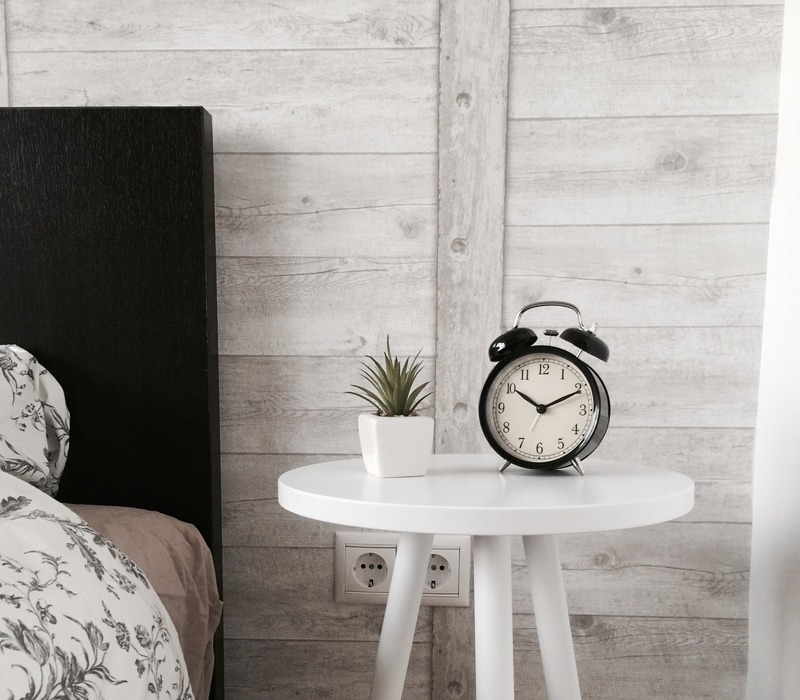Most people will begin their day by waking up to an alarm. It’s so normalized that we don’t question whether waking up in this way has any serious downsides. The subject of whether or not to set an alarm is a complex one, as there are clearly benefits, yet being shocked out of sleep has some effects on our health that are worth considering as well. Let’s examine these benefits and downsides of setting an alarm and how to get by without doing so.
Reasons for Setting an Alarm
If you have set working hours, then you will feel setting an alarm is necessary. You can’t always trust your body to wake up at the right time to ensure that you will have enough time to get ready and have breakfast before work. Worse than this, of course, is sleeping for much longer than intended, which can mean unnecessarily rushing, stressing, and having to work later than normal to get your work done.

If you know that you’re prone to hitting the snooze alarm and want an early start to the day, then setting an alarm makes sense. Doing so means you can wake up at the same time each day, which helps your body get adjusted to a certain sleeping pattern so that, over time, you will tend to wake up around that same time on your own. Having this kind of consistent sleeping pattern is important for sticking to a routine. When sleep is irregular, the days can become more disorganized.
Downsides of Setting an Alarm
The main problem with waking up to an alarm is that it often means you are waking up earlier than you would naturally. When you mess with your biological clock in this way, you end up altering hormones responsible for appetite and satiety (feeling full). This increases the risk of gaining weight and obesity.
Our circadian rhythm system, which responds to sunlight and darkness, controls various bodily functions, such as body temperature, hormone secretion, blood pressure, and the daily activity of your organs. When you disrupt your circadian rhythm with an alarm each morning, you affect these crucial bodily functions.

We also all know that to be jolted out of sleep with an alarm feels stressful, and experiencing this increase in cortisol (the stress hormone) each day can take its toll on your body.
In addition, you may not be getting enough sleep, though waking up at the same time. This means that an alarm clock is helping you sustain a pattern of sleep deprivation, which can negatively impact your:
- Memory
- Thinking
- Concentration
- Mood
- Immunity
- Heart
- Weight
- Sex drive
- Balance
- Lifespan
How to Wake Up without an Alarm
Undoubtedly, waking up naturally is a better start to the day than waking up to an alarm. But how can you ensure that you wake up at the right time without technological assistance? The first thing to figure out is how much you tend to sleep naturally. This will differ from person to person. However, the normal range of healthy sleep is around seven to nine hours a night.

Once you establish your necessary amount of sleep, be sure to go to bed with enough time to fall asleep so that when you naturally awaken, it will be around the time you need to wake up. If you need eight hours of sleep and need to wake up at 8am, try to be in bed and ready to sleep before midnight.
Furthermore, make sure that you go to sleep at the same time each night, otherwise it will mess with your internal body clock, and you will then have to rely on an alarm to get back into your ideal sleeping pattern.
For many people, ditching the alarm and waking up naturally leads to noticeable improvements in quality of life. But you do have to practice good sleep hygiene in order to sustain not setting an alarm on a daily basis. Readon on to learn how to get a good night’s sleep organically.

